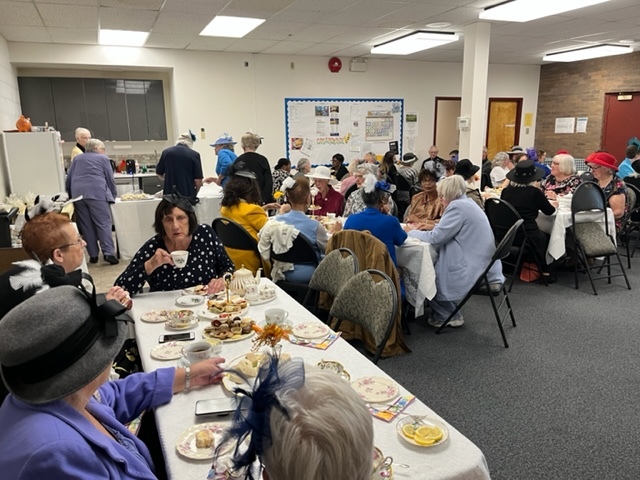
The Good Shepherd Anglican Church has held a long-time tradition of coffee time after church services on Sundays and Wednesdays. Coffee time serves as more than just a casual gathering; it fosters community, facilitates connection, and enhances the overall church experience. This informal setting allows congregants to mingle and build relationships, breaking down barriers that might exist during formal worship. It enables church members to engage in meaningful conversations, share experiences, and support one another. Simply put, coffee time provides an opportunity for fellowship.
A careful observation during coffee hour shows how this simple, but powerful fellowship fosters a sense of belonging, especially for new visitors who may feel anxious about integrating into the community. By offering warmth and hospitality, the church becomes a place where everyone feels valued and welcomed.
Moreover, coffee time can promote spiritual growth. Conversations over coffee often lead to discussions about faith, prayer requests, and personal testimonies. These interactions encourage worshippers to deepen their understanding of their faith and provide opportunities for mentorship and encouragement. The relaxed atmosphere can also be an ideal setting for Bible studies or informal discussion of sermon themes, enhancing the overall worship experience.
Additionally, coffee time after service helps to strengthen the church as a whole. It allows members to collaborate and plan community events, support church initiatives, and engage in outreach programs. Building connections in this way can lead to increased participation in church activities and greater volunteerism, ultimately benefiting the entire congregation.
I will not finish this piece without acknowledging those that contribute financially, materially and manually towards the hosting of coffee hour at the Good Shepherd Anglican Church. By financially supporting coffee hour, donors help create a welcoming environment where fellowship flourishes. The provision of coffee and snacks/food encourages congregation members to stay after the service, fostering social interactions and deepening relationships. Donors provide cake, they grill burgers and hot dogs, they contribute to the “coffee pig” for the purchase of cream and sugar and they check the fridge to make sure we always keep stock. The efforts of donors will be very much thwarted without the hard work of volunteers who prepare the coffee and tea, set out the food, cups, utensils and other needed accessories in a beautiful and appealing way for congregants. These volunteers also ensure that the church is cleaned and tidied afterwards.
In conclusion, coffee time after church service plays a vital role in cultivating community and strengthening relationships among church members. It transforms the act of worship into a shared experience, enriching both personal and collective faith journeys. By prioritizing this tradition, churches can create an inclusive environment that fosters spiritual growth and community involvement.

